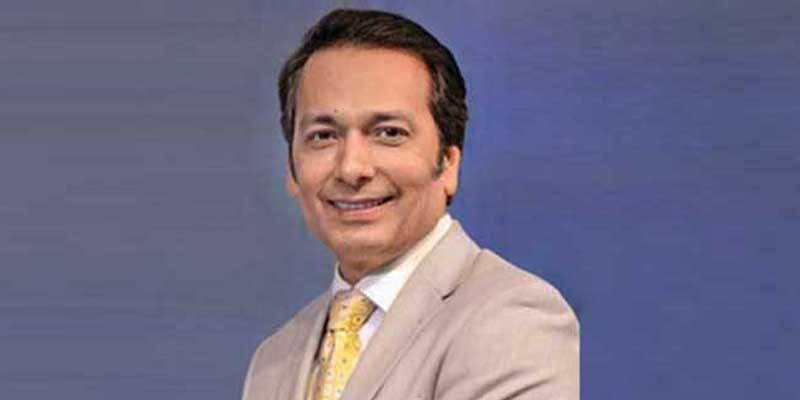Schedule a Call Back
Funding MSMEs During Economic Flux
 Articles
Articles- May 05,25

Related Stories

Five Trends That Will Define the Evolution of Quick Commerce in 2026
Multi-city footprints expanded, service levels tightened, and fulfilment networks scaled from small clusters to nationwide grids.
Read more
Knauf India doubles capacity with new metal line at Khushkhera plant
The increased production capacity is expected to improve the company’s ability to meet rising domestic demand and support a wider portfolio of drywall and ceiling solutions.
Read more
US Semiconductor Policy Shift Threatens Motion Control Market Momentum
Manufacturers now weigh financial incentives against political involvement, softening the long-term outlook for US semiconductor expansion.
Read more











